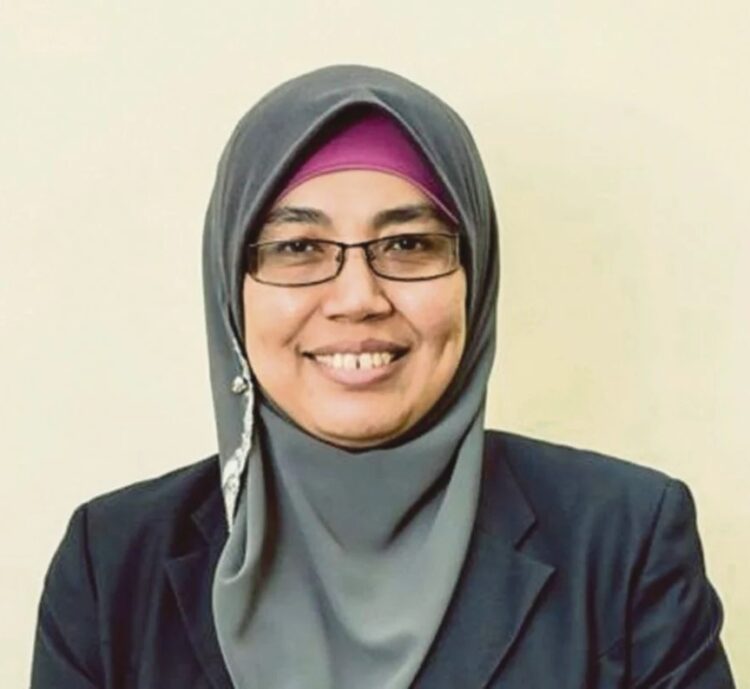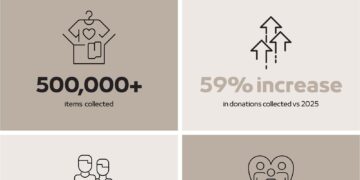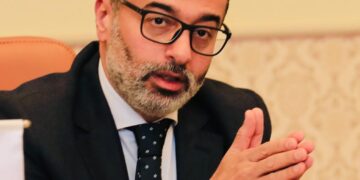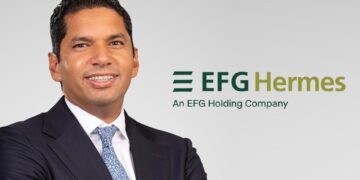The second day of the Good COP 2.0 event, held on the sidelines of the tobacco control COP11 conference in Geneva and organized by the Taxpayers Protection Alliance, featured a wide range of sessions addressing issues of transparency, scientific integrity, and the challenges associated with harm reduction policies. The discussions highlighted the stance of several national delegations, including New Zealand and Serbia, which called for adopting more flexible, science-based policies, while criticizing the lack of transparency and the growing ideological approach within certain health institutions.
These stances were consistent with warnings from several international experts and officials from health and regulatory institutions. Professor of Public Health David R. Williams emphasized that “making harm reduction products available not only improves individual lives but also alleviates the burden of healthcare costs on taxpayers.” Meanwhile, Martin Cullip, Former International Fellow at the Taxpayers Protection Alliance Consumer Center, criticized what he described as “the exclusion of evidence and the stacking of pro-ban voices within COP11 proceedings.” Expert Liza Katsiashvili also noted that “the shift of health institutions towards an ideological approach undermines public trust, as consumers are not incapable of making their own decisions.”
As part of the same day’s events, a session titled “The Battle over Science: The Impact of Misinformation on the Future of Tobacco Harm Reduction” was held, featuring experts in public health and harm reduction strategies. The discussion focused on the impact of misinformation on policymaking and the importance of relying on scientific evidence, while reviewing methods to address unreliable studies and the gap between science and strict policies within the Framework Convention on Tobacco Control, highlighting the urgent need for reforms to ensure more realistic and effective decision-making.
During the session, the experts stressed the importance of addressing global challenges associated with the risks of the tobacco industry and its impact on public health, emphasizing that effective policies should be based on scientific evidence rather than fear or political pressure. They highlighted the importance of reforming and strengthening international organizations, particularly the United Nations and the World Health Organization, to ensure their ability to counter the growing influence of the tobacco industry and support more transparent decision-making.
In this context, Dr. Mark Tyndall, a global expert and former Medical Director at the British Columbia Centre for Disease Control, stated that the idea of eliminating nicotine entirely is “unrealistic,” stressing that ignoring low-risk alternatives deprives adult smokers of alternatives that could save their lives. He added that “total abstinence” has not succeeded with drugs or HIV, and it will not work with smoking, emphasizing that a harm reduction strategy is the practical approach to protecting those who cannot quit completely.
For his part, Dr. Roberto Sussman, a physicist and researcher at the National Autonomous University of Mexico, stated that denying the lower emissions of e-cigarettes compared to cigarette smoke constitutes “pseudoscience,” pointing out that laboratory data “cannot be distorted.” He added that his review of 48 studies revealed major methodological flaws in all the research that claimed dangerous levels of metals or formaldehyde.
Meanwhile, Dr. Konstantinos Farsalinos, Cardiologist and International Researcher in Tobacco Harm Reduction, affirmed that the harm-reduction approach that succeeded in Switzerland with drugs can be applied to smoking using the same logic. He warned that countries that ban harm-reduction products “do not achieve any real decline in smoking rates.”
Professor Sharifa Ezat, Professor of Public Health and Health Economics in Malaysia, stated that the idea of “a nicotine-free world” is unrealistic, calling for a focus on harm-reduction strategy rather than prohibition. She clarified that the experiences of several countries have proven the effectiveness of this approach, noting that “EVALI” lung injuries associated with the use of e-cigarettes or vape products, were linked to illegal products. She emphasized that an outright ban leads to the expansion of black markets in many Asian countries.
The session showcased the most prominent global evidence on the effectiveness of harm-reduction solutions, showing that e-cigarettes and heat-not-burn products have significantly reduced smoking rates in Japan, New Zealand, and Sweden. In contrast, countries that have banned them such as India, Singapore, and Thailand have witnessed a surge in the black market and the proliferation of contaminated products.
This session is part of the activities held on the sidelines of COP11 from November 17 to 21, 2025, which is considered one of the most prominent international forums for discussing tobacco control policies and reducing its health and social risks, and serves as a platform to review the Framework Convention on Tobacco Control (FCTC) capacity to adapt to health and social changes and to ensure the protection of public health.
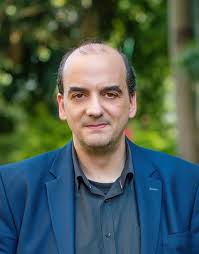
آخر الأخبار



